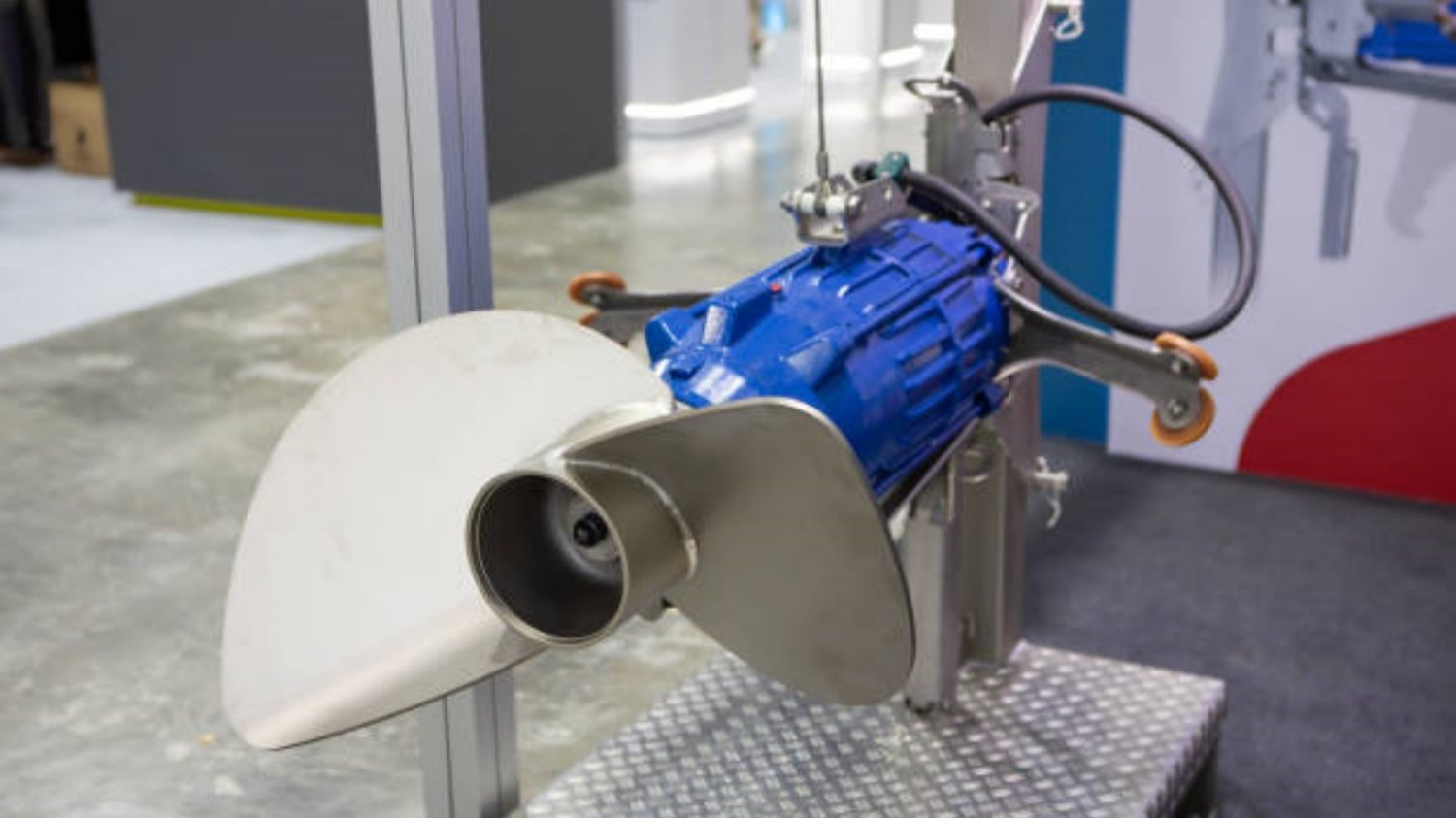The Importance of Choosing the Right Material for Pump Impeller
When it comes to pump impellers, the choice of material plays a crucial role in its performance and durability. The impeller is a vital component of a pump, responsible for generating the necessary centrifugal force to move fluid. With a wide range of materials available, it can be challenging to determine the best material for a pump impeller. In this article, we will explore the different aspects that need to be considered when selecting the ideal material for a pump impeller.
1. Corrosion Resistance: Stainless Steel Impellers
Corrosion is a common problem faced by pump impellers, especially when they come into contact with aggressive fluids or environments. Stainless steel impellers are a popular choice due to their excellent corrosion resistance. They can withstand exposure to acidic, alkaline, and corrosive substances, ensuring long-lasting performance and minimal maintenance requirements.
2. High Strength and Durability: Bronze Impellers
Bronze impellers are known for their high strength and durability. They can withstand high pressures and temperatures, making them suitable for various applications, including industrial and marine pumps. Bronze impellers also exhibit excellent resistance to erosion and cavitation, ensuring a longer lifespan compared to other materials.
3. Chemical Compatibility: PTFE Impellers
When handling highly corrosive or reactive chemicals, PTFE (Polytetrafluoroethylene) impellers are an excellent choice. PTFE is a chemically inert material that can resist a wide range of aggressive substances, including acids, bases, and solvents. Its non-stick properties also help prevent the buildup of deposits on the impeller surface, ensuring optimal performance over time.
4. Abrasion Resistance: Hardened Steel Impellers
In applications where the pumped fluid contains abrasive particles, such as wastewater treatment or mining, hardened steel impellers are highly recommended. Hardened steel impellers are designed to withstand the erosive effects of solid particles, ensuring extended operational life and reduced maintenance costs.
5. Temperature Resistance: Nickel Alloy Impellers
For applications involving extreme temperatures, nickel alloys are often the material of choice for pump impellers. Nickel alloys offer excellent resistance to high temperatures, ensuring that the impeller can withstand the heat without deformation or loss of performance. They are commonly used in industries such as oil and gas, chemical processing, and power generation.
6. Cost-Effectiveness: Cast Iron Impellers
When cost is a significant consideration, cast iron impellers offer an affordable solution without compromising performance. Cast iron impellers are robust and can handle a wide range of fluids, making them suitable for general-purpose applications. However, it is important to note that they may not provide the same level of corrosion resistance as stainless steel or the strength of bronze.
7. Light Weight and Efficiency: Aluminum Impellers
Aluminum impellers are known for their lightweight nature, making them ideal for applications where reduced weight is crucial, such as portable pumps or automotive cooling systems. Additionally, aluminum impellers offer good thermal conductivity and can contribute to improved overall pump efficiency.
8. Hygienic Applications: FDA-Approved Polymers
In industries such as food and beverage or pharmaceuticals, impellers made from FDA-approved polymers, such as polypropylene or PVDF (Polyvinylidene Fluoride), are essential. These materials are non-toxic, chemically resistant, and comply with strict hygiene regulations, ensuring the integrity of the pumped fluid.
9. Magnetic Drive Pumps: Ceramic Impellers
For magnetic drive pumps, where a sealed containment is necessary to prevent leakage, ceramic impellers are often used. Ceramic materials, such as alumina or zirconia, offer high strength, excellent wear resistance, and electrical insulation properties. They are an ideal choice for applications involving corrosive chemicals or high-purity fluids.
10. Customization and Future Trends
Advancements in materials science continue to drive the development of new materials for pump impellers. Customization options are also available to meet specific application requirements. In recent years, composite materials, such as carbon fiber-reinforced polymers, have gained attention due to their exceptional strength-to-weight ratio and corrosion resistance. These materials are likely to play a significant role in the future of pump impeller manufacturing.

